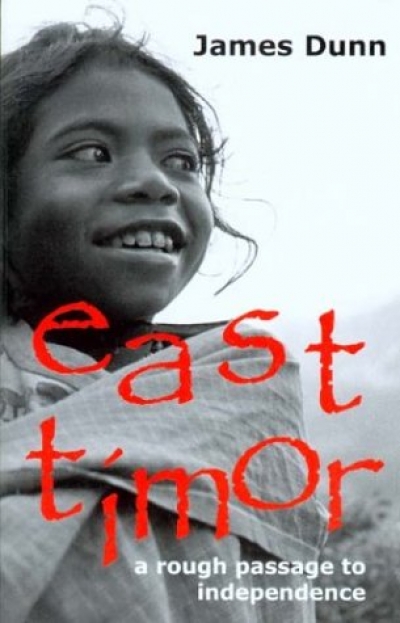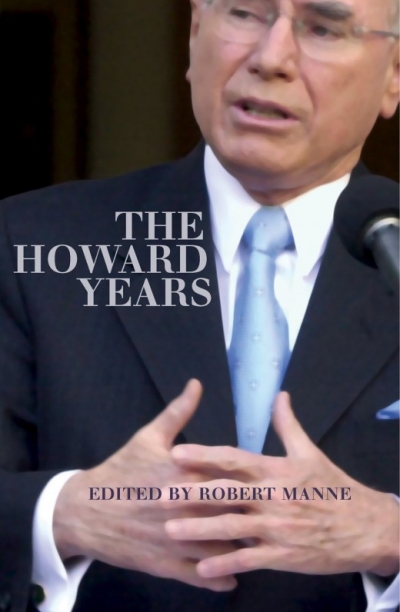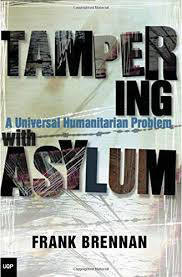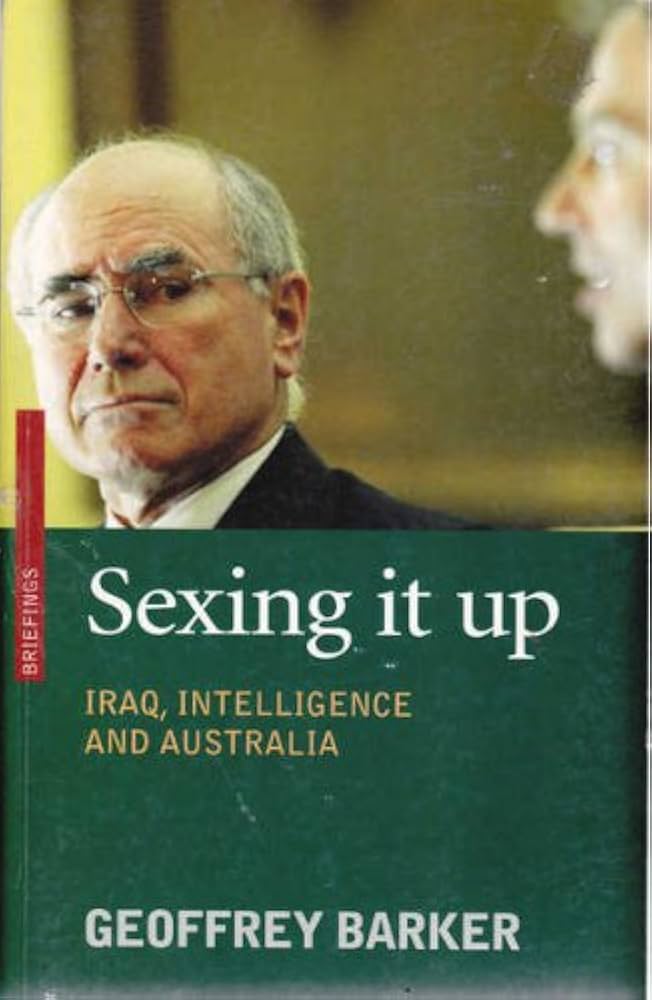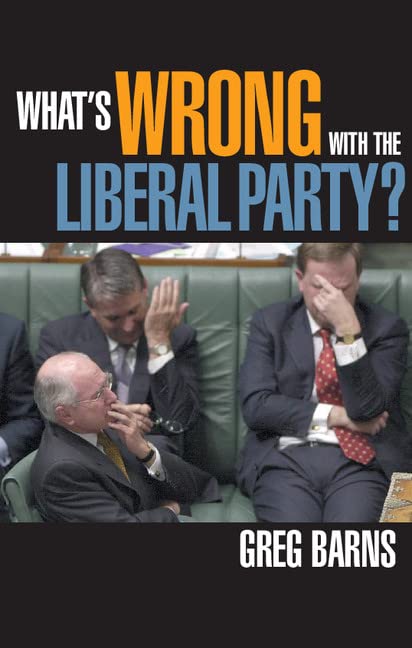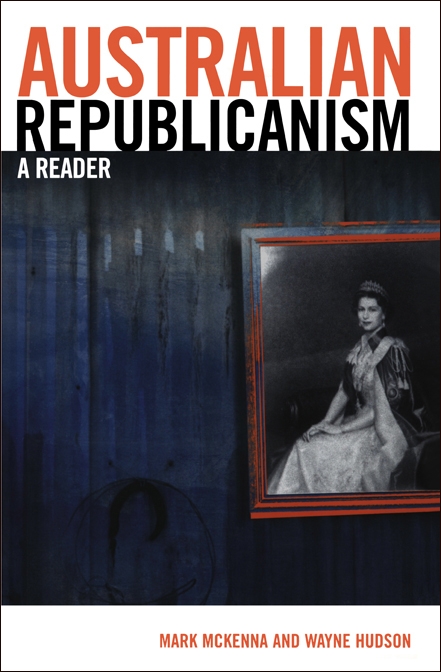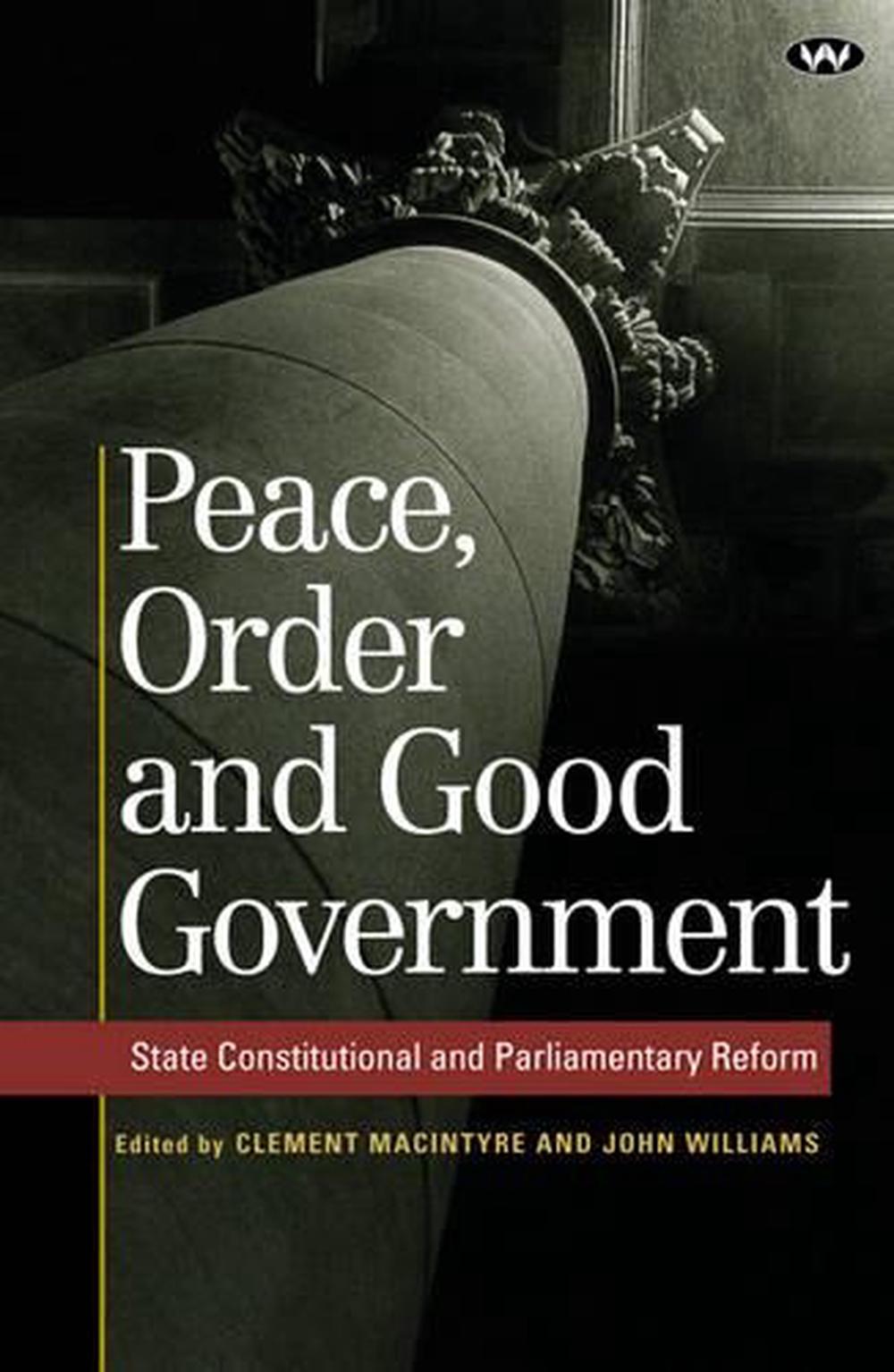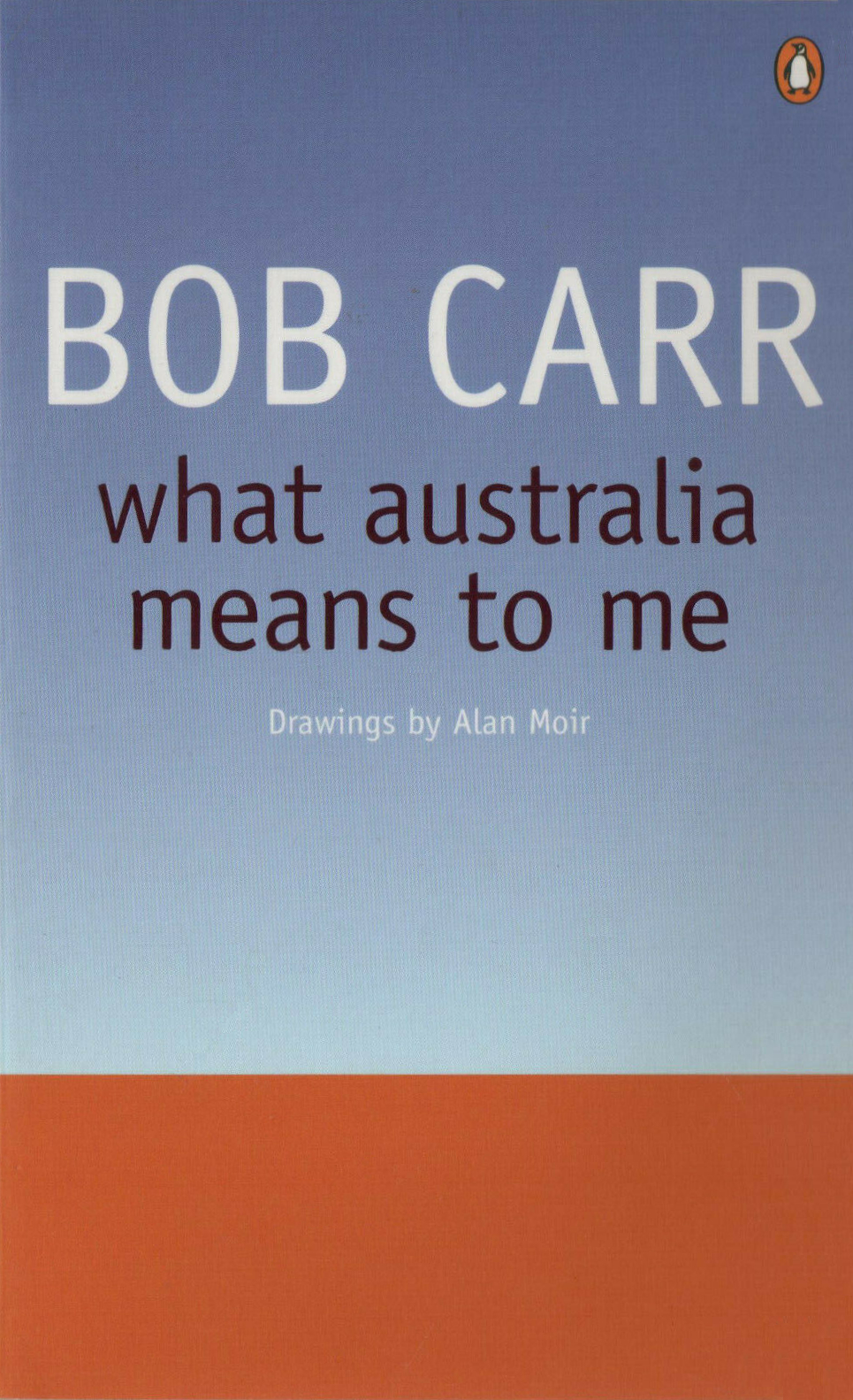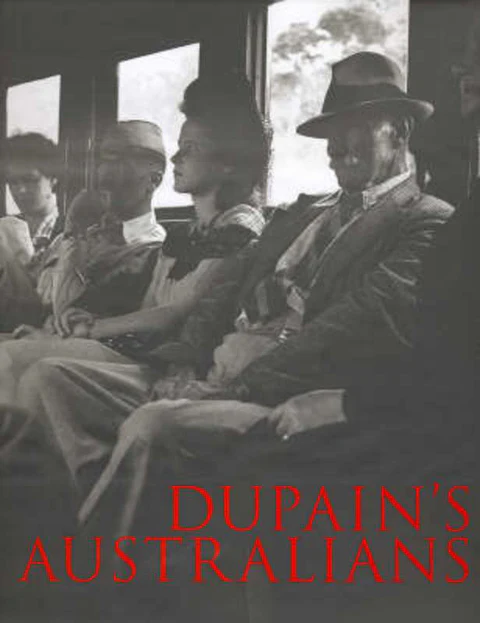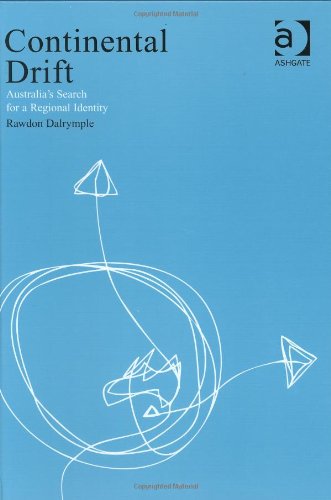Australian Politics
The careful media management accompanying the Australian National Archive’s release in January 2004 of cabinet papers covering the first year in office of the Whitlam government underlined the interest of the ageing ex-prime minister and his supporters in safeguarding his status as an Australian icon. It was a success: most analysts agreed that the papers showed that in 1973 the newly elected Labor government performed with exceptional dynamism and transparency.
... (read more)Do John and Janette choke on their cereal at the name of Robert Manne as they breakfast in their harbourside home-away-from-home? They have every reason to do so. No single individual has provided so comprehensive a challenge to Howard and his ideological claque in the culture wars now raging in this nation. Manne was early to denounce Howard: for his soft-shoe shuffle with Pauline Hanson; for the inhumanity of the government’s approach to the boat people; for the shallow basis for our participation in the Second Iraq War. In the wider war, he wrote a savage critique of the right-wing cognoscenti who assailed Bringing Them Home, and he has rallied the troops to repel Keith Windschuttle’s revisionist history of black–white confrontation in nineteenth-century Australia. Now he has edited this selection of essays, which provides a critical survey of the Howard government across a wide range of its policies.
... (read more)Tampering with Asylum by Frank Brennan & From Nothing to Zero by Julian Burnside
It had to be the black metaphor of the season. On Boxing Day, Radio National ran a short, sharp-edged conversation on Australia’s changing relations with the Pacific island-states. One contributor, Professor William Maley, said that the Australian government’s bribery of the destitute statelet of Nauru made him think of ‘the caddish squire seeking out the most wretched prostitute in the village’. Responding. Richard Ackland commented that those who devised the appalling Pacific Solution seemed extraordinarily unconscious of the connotations that still attend that word ‘solution’.
... (read more)Sexing It Up by Geoffrey Barker & Why the War was Wrong edited by Raimond Gaita
Like several other publishers, UNSW Press and Text Publishing have produced responses to the recent war against Iraq. The intention appears to be to engage critically with popular perceptions of the war before these harden into accepted historical ‘memory’. The potential benefits of quickly produced, historically aware and politically critical books, which collate and deal comprehensively with the existing evidence and arguments raised by the mass media on a particular issue, are obvious. The two main dangers with publications of this type are that editing and production standards may slip and that the desire to compete with mass-media forms may lead to a replication of, rather than an alternative to, standard journalistic commentary.
... (read more)What’s Wrong With The Liberal Party? by Greg Barns
Greg Barns shares with Pauline Hanson the distinction of having been disendorsed as a candidate by the Liberal Party. Hanson was deselected in 1996 on the grounds of racist remarks; Barns was removed in 2002 for protesting against the ruthless policies of the Liberal government towards sea-going asylum seekers. This is perhaps a measure of the trajectory of the Liberal Party under John Howard, which provides the central theme of Barns’s study, What’s Wrong with the Liberal Party?
... (read more)Australian Republicanism: A reader by Mark McKenna and Wayne Hudson
Was there ever an uglier duckling than Australian republicanism? It’s a movement whose end is vital to anyone who believes that a people should attempt to extend the control over their own destiny, but which, of itself, fails to inspire the slightest excitement in anyone for whom politics is a living, breathing thing. Even more suspicious are those for whom republicanism is an exciting cause. They’re a strange mob, often decent and committed people, but able to subsist on a fairly thin diet. Because so many of them are lawyers, they are always on the ball when it comes to saying how the Constitution should be changed and what new mechanism should be put in place. Because so many of them are lawyers, the movement is efficient and well run. And because so many of them are lawyers, no one else trusts them or feels comfortable working with them.
... (read more)Peace, Order and Good Government: State Constitutional and Parliamentary Reform edited by Clement Macintyre and John Williams
Speaking in the context of the Quebec secessionist movement, Stéphane Dion described Canada as ‘a country that works in practice but not in theory’. Whilst particularly telling of that country’s political turmoil, Dion’s summary also points to an abiding tension in all Western democracies: the perceived gulf between the theory and the practice of modern government. Constitution and parliament, the people and their representatives, tradition and modern requirements: in theory, each pair dovetail, but in practice they tend to be loose at the edges. (Try finding, for example, any reference to ‘prime minister’ in our Constitution.) The ongoing efforts within Australia to reconcile the theory and practice of government are at the centre of this important book, which was released to coincide with the South Australian Constitutional Convention (held in August 2003).
... (read more)What Australia Means to Me by Bob Carr & Bob Carr by Andrew West and Rachel Morris
Not since Henry Parkes has New South Wales had such a literary-minded premier as Bob Carr. Parkes published his own poems and wrote two earnest volumes of autobiography. Carr, so far, has tried his hand at a novel, a memoir and a diary, as well as writing lots of occasional pieces. Carr, like Parkes, was a journalist before becoming a professional politician. Parkes, too, dragged himself from humble beginnings to a position where he could use official letterhead to arrange meetings with those he admired. Carr has sought out writers such as Norman Mailer and Gore Vidal to autograph his copies of their books and to join him at dinner. Once established, Parkes’s main aim was to stay in power. It was his only source of income, so his manipulation of factions, policies and the electorate all focused on that end. Graham Freudenberg has said of Carr: ‘Labor politics is central to Bob’s identity … if you took the politics away from Bob there would be nothing much left.’ But unlike Carr, Parkes did not have the option of moving to federal politics (he died before 1901). After Federation, NSW politics was stripped of talent as its leaders, including Edmund Barton, William Lyne and George Reid, made the move. Reid, a long-serving and highly effective NSW premier, is one of only two state premiers ever to have succeeded in becoming prime minister, the other being Joe Lyons.
... (read more)Dupain’s Australians by Jill White (text by Frank Moorhouse)
It is interesting to recall the number of times, in book titles alone, that Max Dupain’s name has been linked to ‘Australia’. Joining Dupain’s own Max Dupain’s Australia (1986) and Max Dupain’s Australian Landscapes (1988), this new book is the third in a series by his former printer and assistant Jill White. Dupain’s Australians joins the similarly all-inclusive titles of Dupain’s Sydney (1999) and Dupain’s Beaches (2000). The pairing of Dupain with aspects of Australia says much about how we position this photographer as quintessentially ‘local’. Despite his evident contributions to modernism and, I would argue, classical modernism, it is Dupain’s apparent ability to capture a ‘national essence’ that still dominates accounts of his work.
... (read more)Continental Drift by Rawdon Dalrymple & Making Australian Foreign Policy by Allan Gyngell and Michael Wesley
John Burton, Walter Crocker, Paul Hasluck, Gregory Clark, Burce Grant, James Dunn, Alan Renouf, Stuart Harris, Richard Woolcott, and Alison and Richard Broinowski are all former diplomats who have written (or are writing) about foreign policy and Australia’s regional and global engagements. Two of the authors reviewed here – Rawdon Dalrymple and Allan Gyngell – can be included in the list. Dalrymple had a distinguished career as an Australian ambassador in countries as diverse as Indonesia, Japan and the US. He spent his immediate post-retirement years as a visiting professor in the University of Sydney. Gyngell has worked at the coalface of Australian foreign affairs for many years. He was recently appointed founding Executive Director of the Lowy Institute for International Policy, the most positive sign on the foreign policy analysis horizon for a long time.
... (read more)

